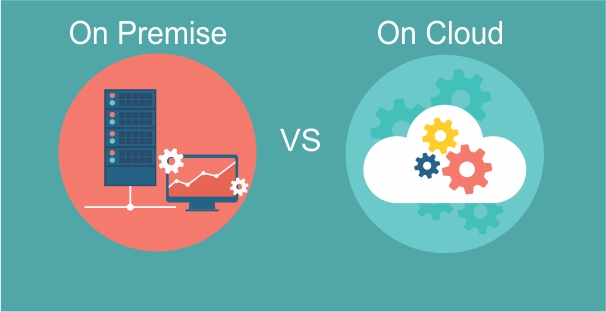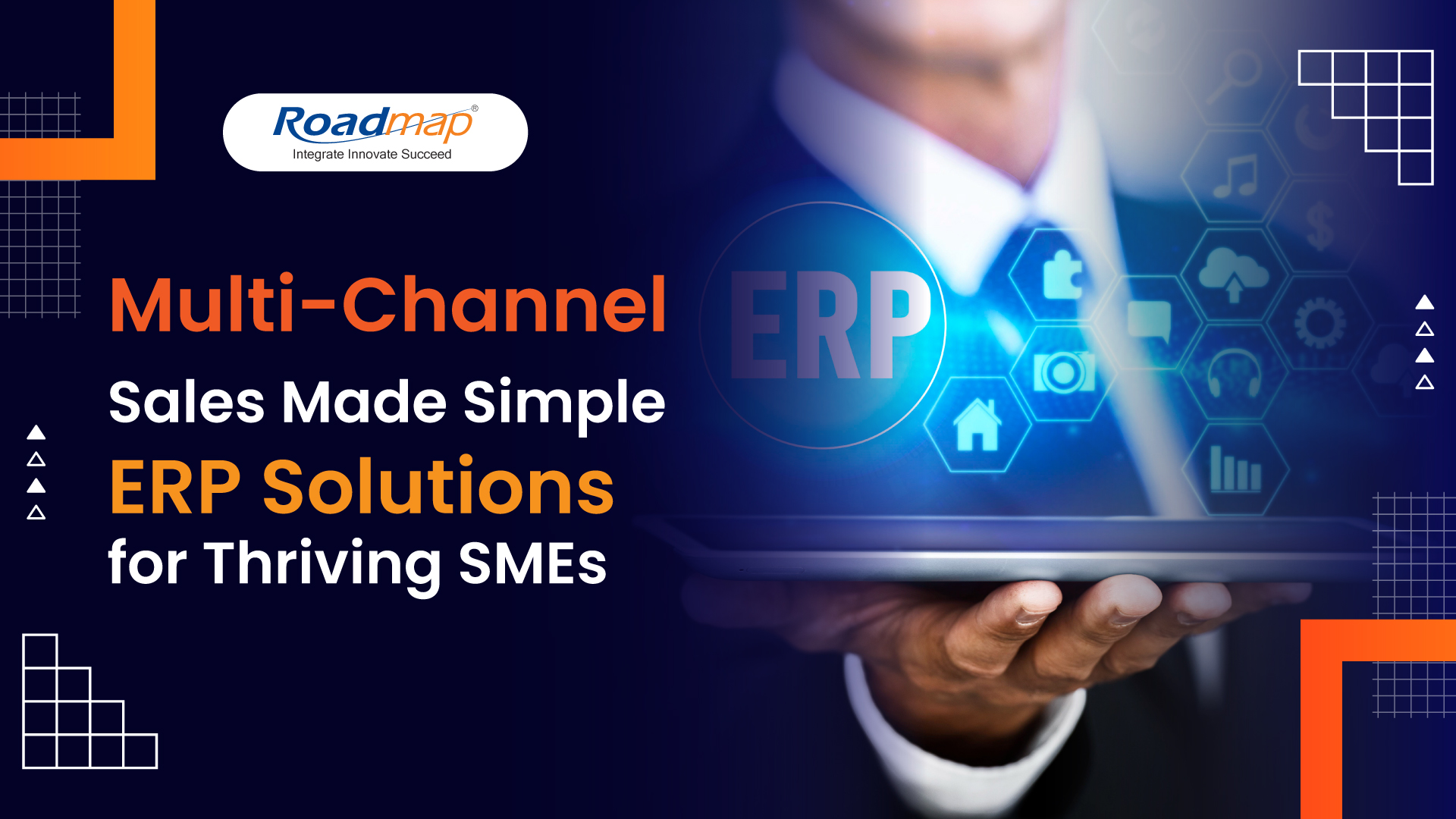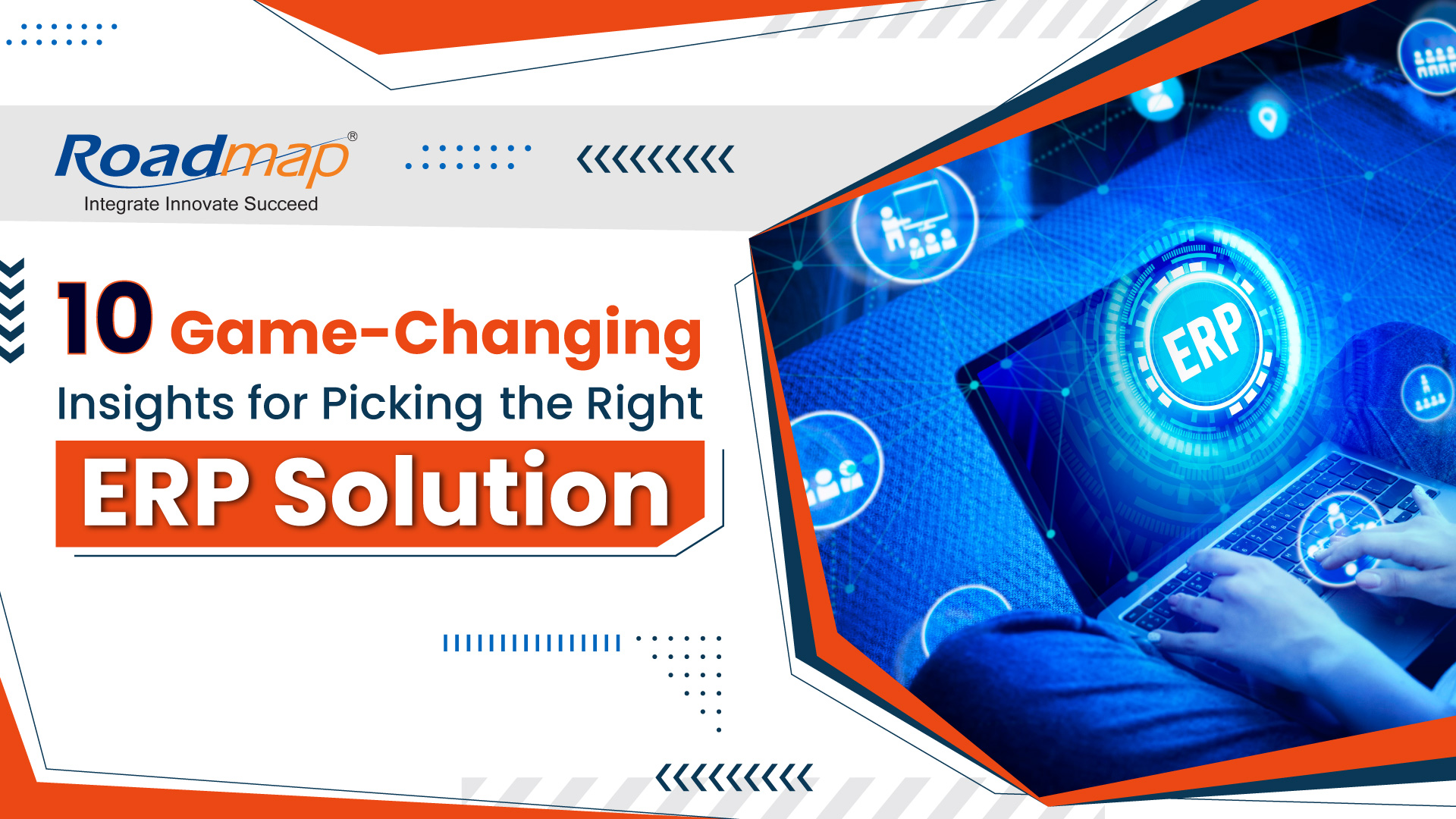
- Julius Rassou
- 02-Apr-2018 10:15:46
5 Things to Consider Before Choosing On-Premise vs On-Cloud ERP Implementation
A business deciding to incorporate an ERP is opting to implant a significant milestone in its saga. Subsequently, the need to aptly adjudge the implementation methodology that would suit the business workflow arises. The popular proposals to tackle this dilemma in ERP implementation are the On-Premise and On-Cloud options.
From the perspective of the 5 key factors that generally influence the success rate of ERP implementation, the following parts of this blog strive to enlighten business decision makers to select the best-fit implementation option for their business.
1. Cost and Time:
On-Premise ERP solution is installed within the company premises in the company's hardware and servers and then managed by the IT staff of the company. The solution requires a large upfront investment to purchase and manage licenses; software and related hardware; servers; and the setting up of the IT framework and infrastructure necessary to run it. The time required for On-Premise implementation could span anywhere between three months and five years depending on the process requirements of the concerned businesses.
For On-Cloud ERP implementation, all related hardware, software, and data repository are installed and operated on Cloud services. The company does not have to invest in hardware, user licenses, energy, maintenance, configuration, upgrades, IT staff, and other IT frameworks and infrastructure. The time taken to implement the ERP on Cloud, when compared to On-Premise implementation, is much less. The efficiency of cost and time in implementing the ERP On-Cloud facilitates all businesses; especially the Small and Medium-sized Businesses (SMB).
2. Return on Investment (ROI):
Full-suite On-Premise ERP software like Roadmap ERP solution, offers its clients complete ownership of the Product, as all ERP related hardware, software, and data repository are installed in and operated from the client's premises. Though the upfront investment on the On-Premise version of Roadmap ERP may be higher, the ROI and complete ownership benefits shall reduce the Total Cost of Ownership in the long run.
On-cloud option initially relieves the businesses of financial pressure by not stipulating any upfront investments and by providing the infrastructure and the ERP's full benefits on a monthly usage-based subscription fee. But, there is a possibility that businesses may end up spending more money over the course of the solution's lifecycle by periodically and perennially investing in it.
3.Business On-the-Move:
Augmented by Business Intelligence services and Mobile Application services Roadmap's On-Premise ERP solution empowers business stakeholders to access real-time business data from anywhere, at any time, and on any device. This proves the On-Premise version of the ERP to be on par with any On-Cloud version when it comes to remote access to the business.
The internet powered functionality of the On-Cloud solution integrates the ERP with the business using any desktop or notebook PC with a good internet connection at the business premises. Further the internet aided 'any device' 'any platform' remote access facility to the central data storage repository; enables company owners and executives to track their business proceedings even when they are outside the confines of their office, and while they are on the move.
4. Customization Factor:
Industries with unique workflows require a scalable ERP system to be robust and flexible enough to get aligned with its business process requirements. In such cases, On-Premise ERP proves to be ideal, as On-Premise systems are generally easier to customize.
ERP solution On-Cloud is customizable only to a certain extent, as SaaS does not support customization beyond a certain extent. In many cases, the lesser time taken for On-Cloud implementations are mostly due to the limited scope of customization offered by the option.
5. Data Security:
Hosted on the client's premises, the On-Premise ERP offers business stakeholders comprehensive control over data security. Even the safety measures that govern the physical access to data can be defined using the solution.
In case of the On-Cloud solution, data security is in the hands of the vendor. While vendors pledge strict data security standards, some organizations might not have total peace of mind with the arrangement.




